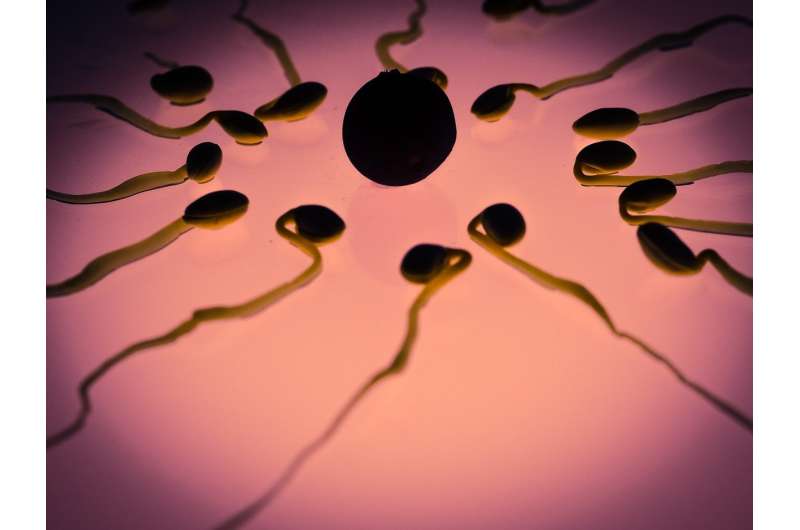A Common Parasite Could Harm Human Sperm and Impact Male Fertility

Emerging evidence suggests that the parasite *Toxoplasma gondii* can invade human reproductive organs and damage sperm, potentially contributing to male infertility. Prevention through good hygiene and food safety is essential.
Recent research highlights the potential threat posed by the parasite Toxoplasma gondii to male reproductive health. Although this single-celled organism is primarily known for infecting cats and spreading through contaminated food and water, new studies suggest it may also directly affect human sperm. Evidence indicates that Toxoplasma can invade the testes and other reproductive organs, forming cysts that persist over time.
Experiments with infected mice reveal that the parasite reaches the testes and epididymis within days, and direct exposure of human sperm to Toxoplasma in laboratory settings shows alarming results. After just five minutes of contact, over 22% of sperm cells lose their heads— a process called decapitation— leading to abnormal and misshapen sperm. Longer interactions result in increased sperm damage, potentially impairing fertility.
While Toxoplasma infections are often asymptomatic in healthy individuals, the parasite’s ability to invade and reside in reproductive organs raises concerns about its role in declining male fertility worldwide. Epidemiological studies have correlated Toxoplasma infection with reduced sperm quality and higher infertility rates, especially in men.
Preventative measures such as proper food handling, avoiding raw or undercooked meat, washing fruits and vegetables, and managing cat litter exposure can reduce infection risk. Although more research is needed to establish definitive links between Toxoplasma and male infertility, current findings underscore the importance of infection prevention for reproductive health.
Stay Updated with Mia's Feed
Get the latest health & wellness insights delivered straight to your inbox.
Related Articles
New Insights into Memory Preservation: The Roles of Alzheimer's Pathology and Attention in Aging Brains
A recent Stanford study uncovers how early Alzheimer's pathology and attentional focus independently influence memory retention in older adults, highlighting potential avenues for cognitive resilience strategies.
Research Indicates Brain Changes in Young Athletes May Occur Before CTE Manifestation
New research shows that brain injuries from repetitive head impacts in young athletes occur well before the onset of chronic traumatic encephalopathy, emphasizing early intervention and prevention.
Complete Brain-wide Activity Map Unveils Cellular Resolution of Decision-Making in Mice
A novel, comprehensive brain-wide map of neural activity at the single-cell level offers new insights into how mice make decisions, highlighting widespread neural coordination and predictive processes. This research advances understanding of brain function and supports large-scale collaborative neuroscience efforts.
New Compound Effectively Inhibits Cutaneous HPV Replication Without Damaging Host Cells
Scientists have discovered a promising new small molecule, NSC51349, that can effectively block the replication of cutaneous HPV types without harming host cells, opening new avenues for targeted skin infection treatments.



